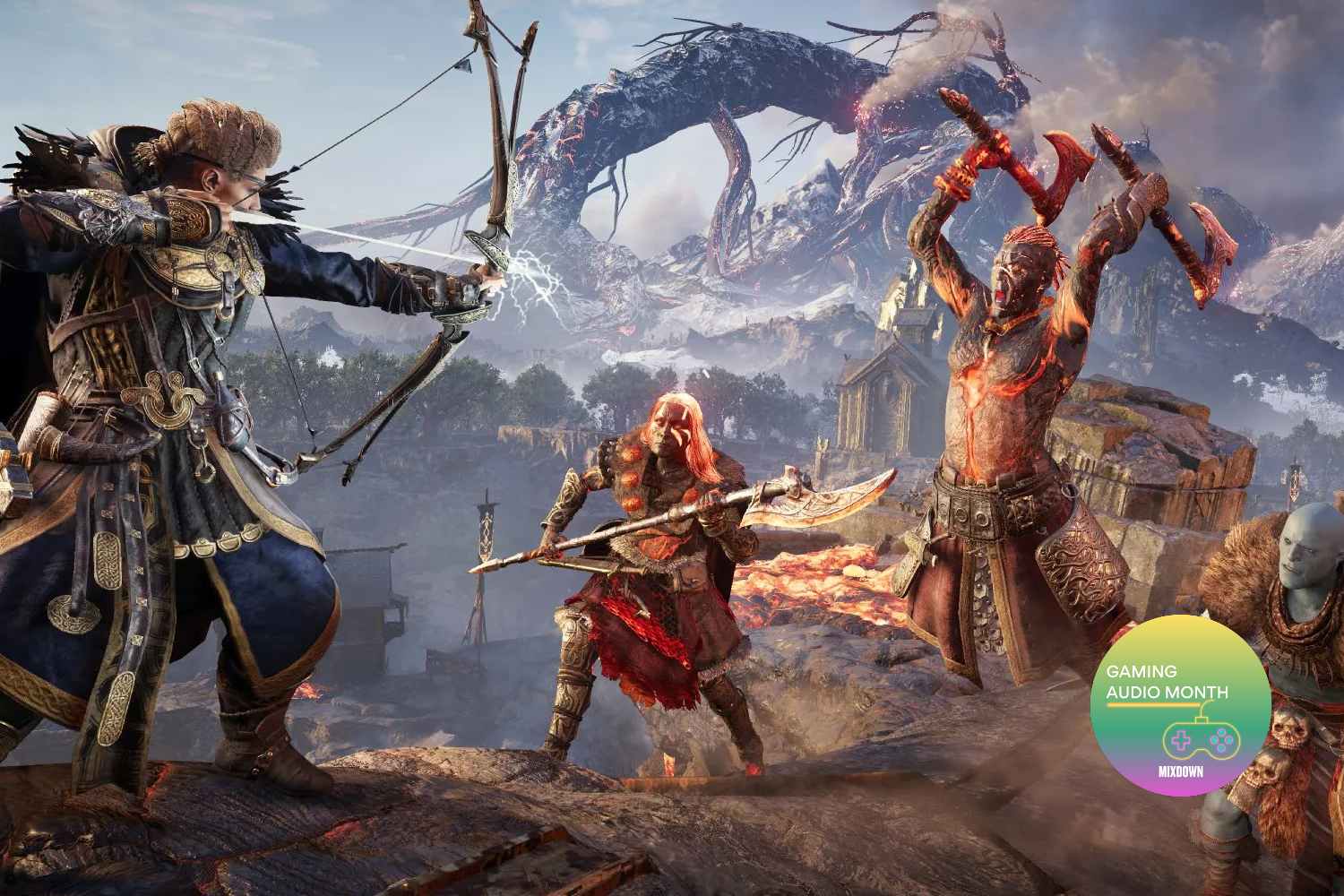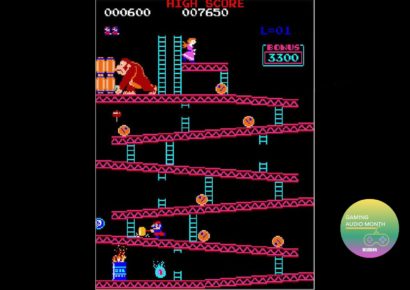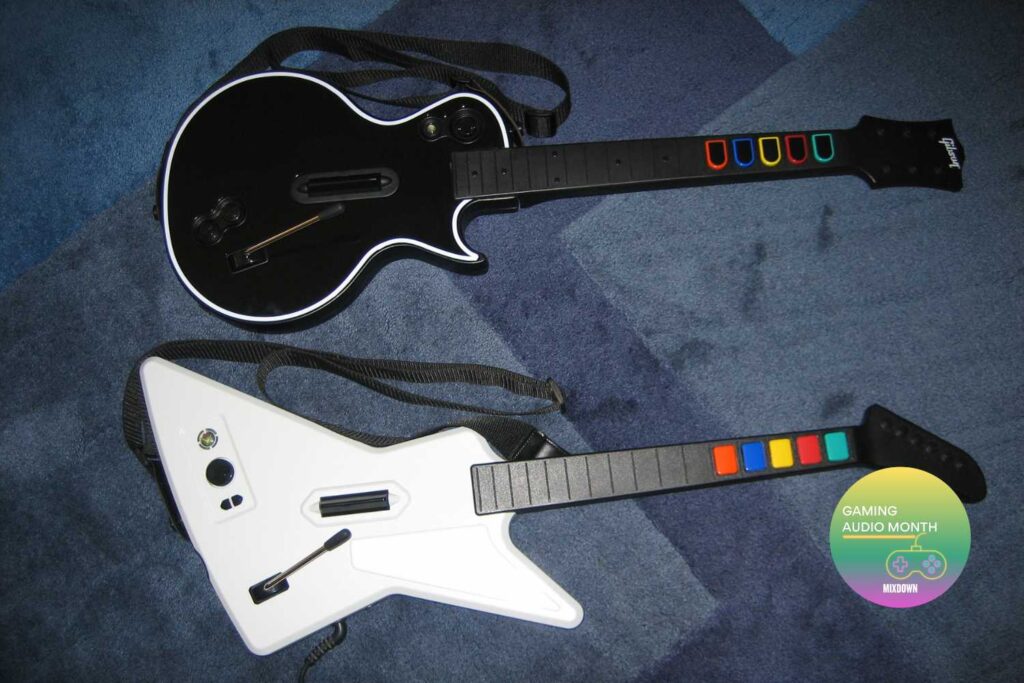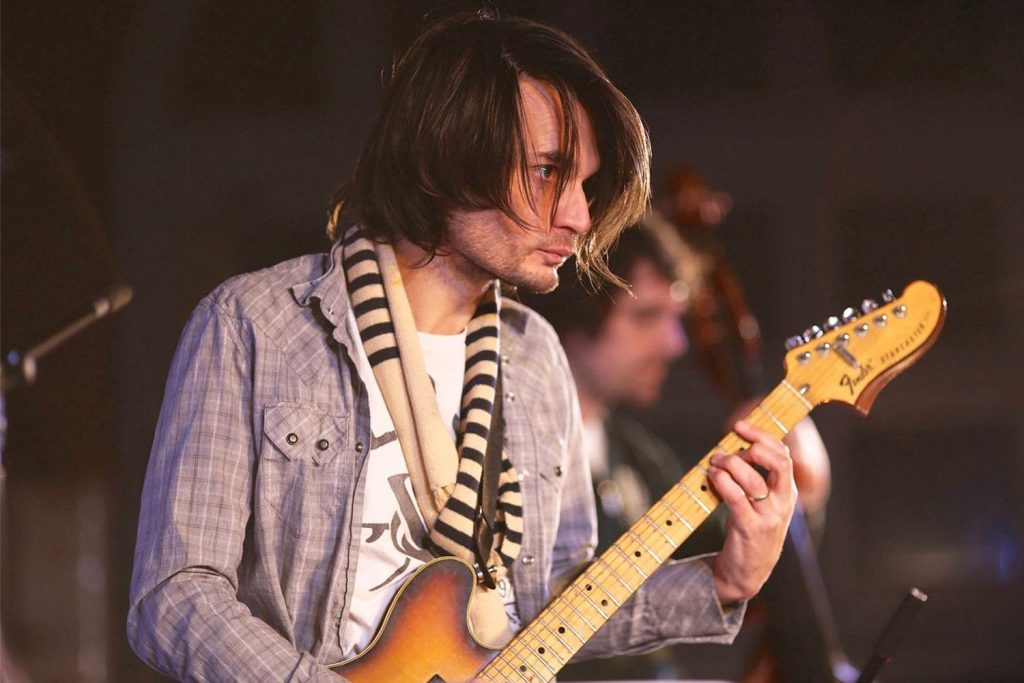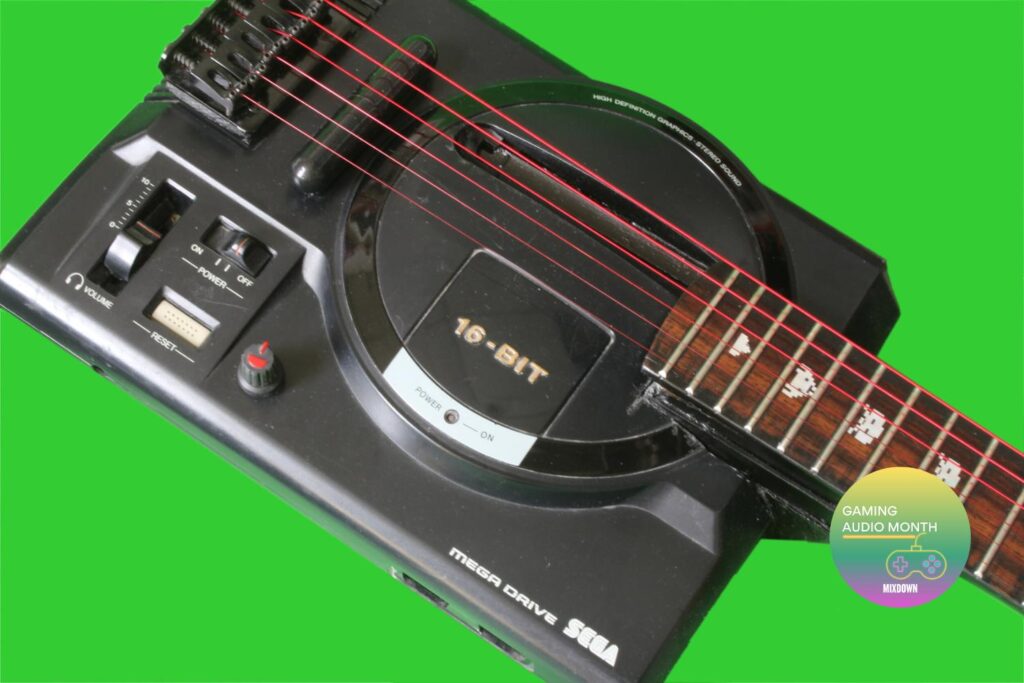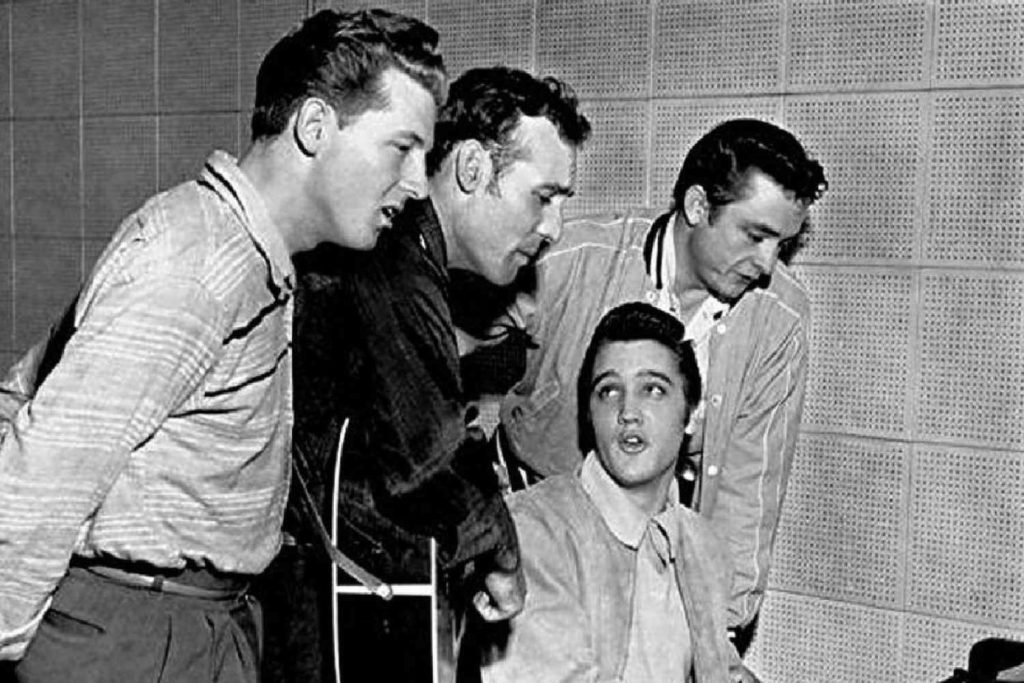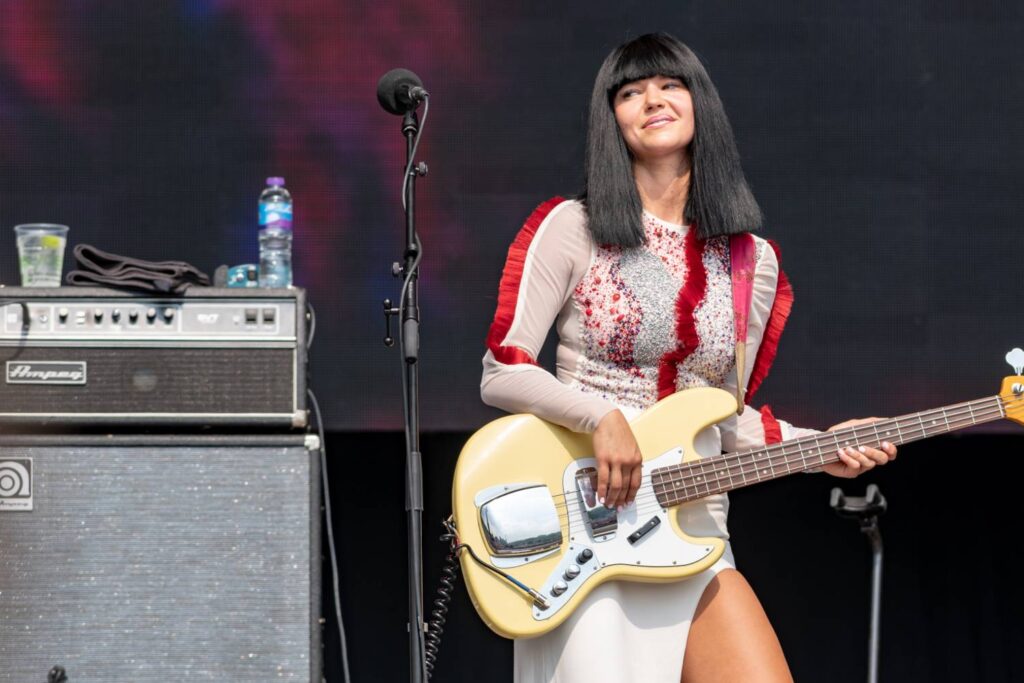Following the Grammys' recognition of the Assassin's Creed Valhalla soundtrack, we explore the emergent music industry shift towards digital spaces.
The gaming industry and the music industry have arguably been of great importance to one another for some time. It’s a crossover that extends far beyond our childhood nostalgia for our fave video game music, (Tony Hawk’s Pro Skater, I’m looking at you.) Listening to the soaring orchestral arrangements of the recent Grammy Award winning Assassin’s Creed Valhalla soundtrack, one is taken aback by the art form’s grand and cinematic potential in the modern day.
With gaming really having boomed during the last few years, shooting up to a value of US$240 billion globally in 2020, now set to hit US$294 billion in 2024, advances in music for gaming are showing no signs of slowing down.
Read up on all the latest features and columns here.
With a whopping 17 million players Australia wide, the gaming industry Down Under is also growing rapidly, worth $3.41 billion in 2021 and forecast to reach $5 billion by 2025.
As their production value begins to encroach upon many Hollywood studio movies, games are becoming more and more important to the commercial music industry.
Contemporary video games are a no brainer for the hard-to-crack Gen Z market. For music industry professionals, this means that they are the perfect vehicle through which new communities of musicians and fans, and opportunities for branding, can be built – in other words, ways to source untapped revenue.
The exponential growth of 3D graphics, AI and VR over the past decade has led to the evolution of music in video games – electronic 8-bit beeps often don’t cut it anymore, with lush orchestral scores being better suited to the epic sagas many fans world wide are tucking in to.
And the Grammy goes to… ‘Assassin’s Creed Valhalla’
An important milestone in the history of video game music was the 2023 Grammys’ introduction of a stand-alone category for the genre, for which seventy game scores were nominated. The inaugural winner, Stephanie Economou told Ubisoft.com the award was “extremely significant and well overdue!”
“(It is) validation we are collectively influencing the musical landscape and meaningfully connecting with audiences everywhere.”
Economou, a violinist who composes scores for films and TV, got the trophy for Assassin’s Creed Valhalla: Dawn of Ragnarök, which is based on Norse mythology.
Inspired by black metal and neo-folk music, the Assassin’s Creed Valhalla score features Norwegian musician Einar Selvik, drummer for the metal band Gorgoroth.
Following her win, Economou sees an exciting new era on the horizon for video game music.
“There’s a common understanding that game music has been the new frontier for creative innovation for a long time.
“The music gets to be alive, ever-evolving, and transformative.
“It’s such a visceral experience for the player and offers an exciting space to create music.
“I hope we continue to see developers push the boundaries of how we as an audience experience storytelling, which in turn will propel the musical possibilities in new and unexpected directions.”
Gen Z Drives Game Music
Gen Z is the generation most engaged with video games to date, often seeking immersive experiences with the titles they choose to play.
A recent study by US research company Luminate found that Gen Z are 42 per cent more likely to be gamers than the general population at large and that 87 per cent had played on a gaming console in the past 12 months. 50 per cent are also likely to use a VR headset during gameplay.
Finding new music through games
The Luminate study also revealed that 28 per cent of Gen Z music lovers have discovered new music through video games.
The figure is higher (51 per cent) for social media, with TikTok being the fave platform at 49 per cent. Even still, games are a draw for music fans because of virtual concerts held on platforms as Fortnite (which is set to reach 500 million registered users in 2023) and Robox (58.8 million users a day).
Some of these in-game concerts have drawn impressive figures: For Fortnite, 78 million for Ariana Grande, 50 million for Travis Scott (which earned him $20 million), and 11 million for Marshmellow. Meanwhile K-Pop superstars NCT 127’s free show in late January with Roblox was the largest ever to be hosted by the platform according to a media release.
Other video game virtual concerts have included Elton John, 24kGoldn, David Guetta, Ava Max, Lil Nas X, The Chainsmokers and Twenty One Pilots.
The Kid Laroi’s late January event on Fortnite (which will remain on the platform until April 27) took a different – and exhilarating – approach, using shooter action and a purpose-built island.
Virtual concerts = big business
Virtual concerts are becoming big business post-COVID, with greater attendances and fans willing to spend more on virtual experiences. The global market for virtual events is projected to exceed US$617 billion by 2030, according to a.list, with spending on virtual reality experiences predicted to hit US$227 billion.
The site also cited figures suggesting that “by 2026, 25 per cent of consumers will spend at least an hour each day in a metaverse space for work, shopping, or entertainment.”
Sony Music industry deals
So, it’s little wonder then that music firms are rushing to games companies to cosy up.
Among them is Sony Music, which signed with Roblox to bring “innovative music experiences” – including virtual concerts with Sony artists – to the game.
Warner Music’s music-themed Roblox game Rhythm City recently launched on February 4. Users choose from roles – like music producer, DJ and dancer– and role play with other gamers.
They “explore, dance, and bond with friends” while navigating Rhythm City, which will also host virtual concerts and events featuring Warner Music acts and provide access to a collection of digital items sold exclusively on Roblox.
It’s creating “a place for artists and audiences to come together to define and contextualise their communities within living spaces,” said Warner Music.
Events from Coachella festival to IHeartRadio also use these spots to test brand loyalty and new revenue sources.
Recently, Fortnite raised US$3 billion to expand its efforts to innovate within the metaverse. With parent company Epic’s CEO Tim Sweeney stating:
“This investment will accelerate our work to build the metaverse and create spaces where players can have fun with friends, brands can build creative and immersive experiences, and creators can build a community and thrive.”
The union between the gaming and music industries is one that is undeniably only growing stronger by the day. While many live music fans might gawk at the idea of forgoing stadium tix to head bang on the couch with a headset on, it’s a technological advance that many are all too keen to jump on.
Read more about video game music at the 2023 Grammy Awards here.
